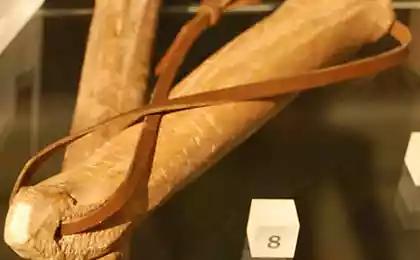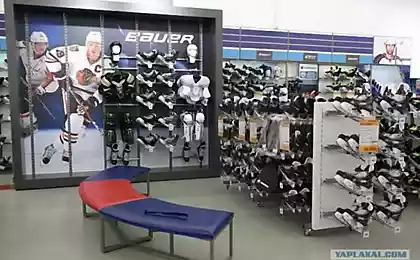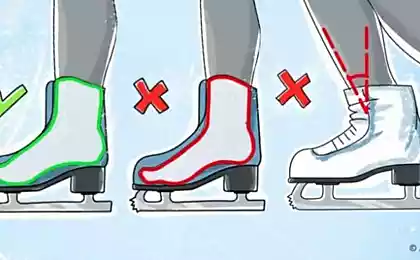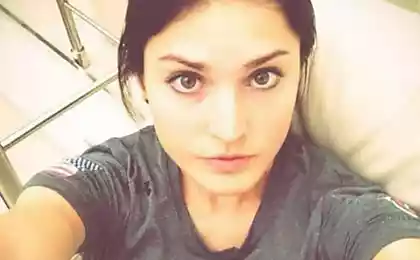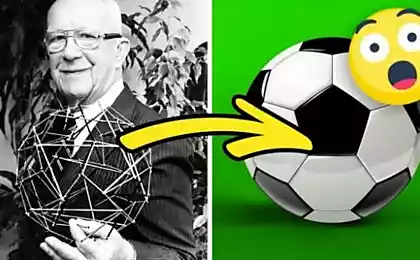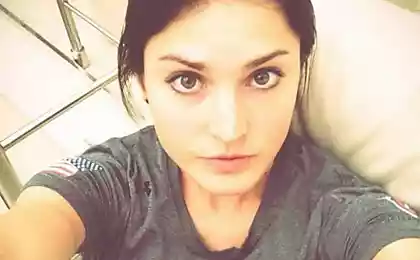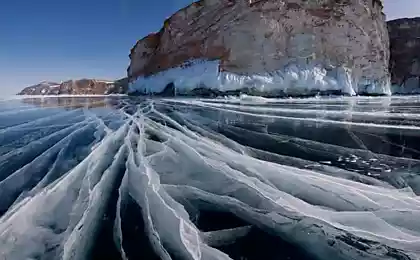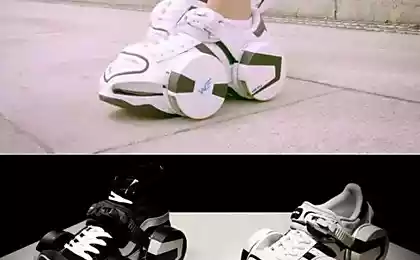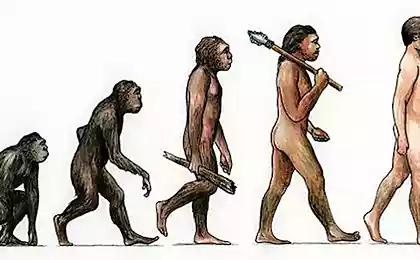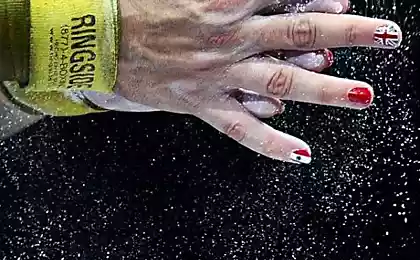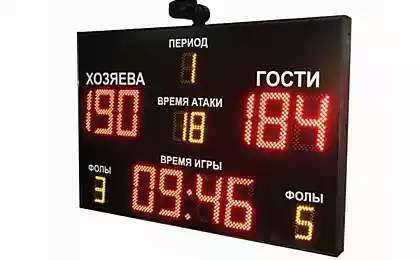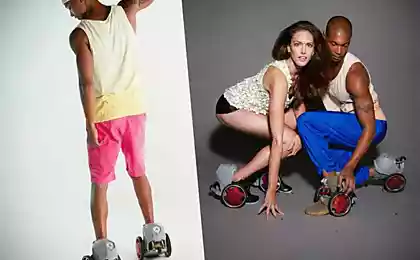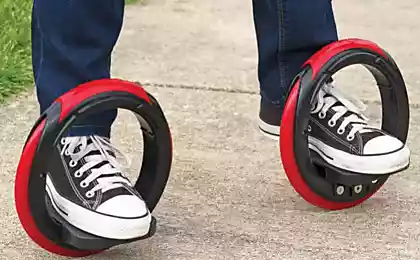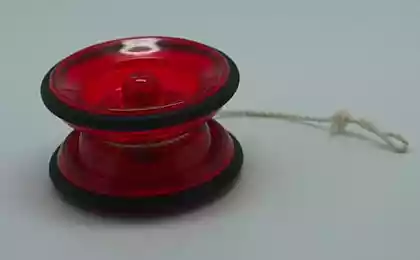19477
History curly skates
Everyone loves to skate. Ice comes to our vitality, improves mood, hardens the body and helps to maintain good physical shape. And you ever wondered how they get there? Today we delve into the history of the origins of skates and take a look at their evolution since the introduction to the present day. Skates - one of the oldest human inventions, very popular in the modern world. They take a prominent part in the world of professional sport, and in the daily lives of millions of enthusiasts enjoy some fresh frosty air.
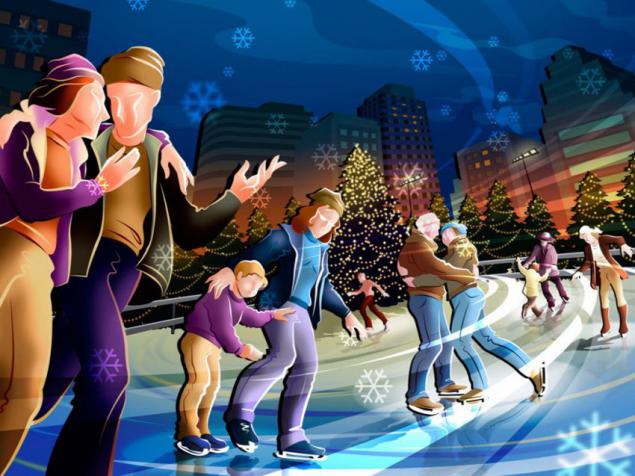
It is believed that the first happy owners of horses were Cimmerians - nomadic tribes who lived 3200 years ago in the northern Black Sea coast. They tied the feet of animal bones. As did many other nations, including our ancestors, for many, many centuries.
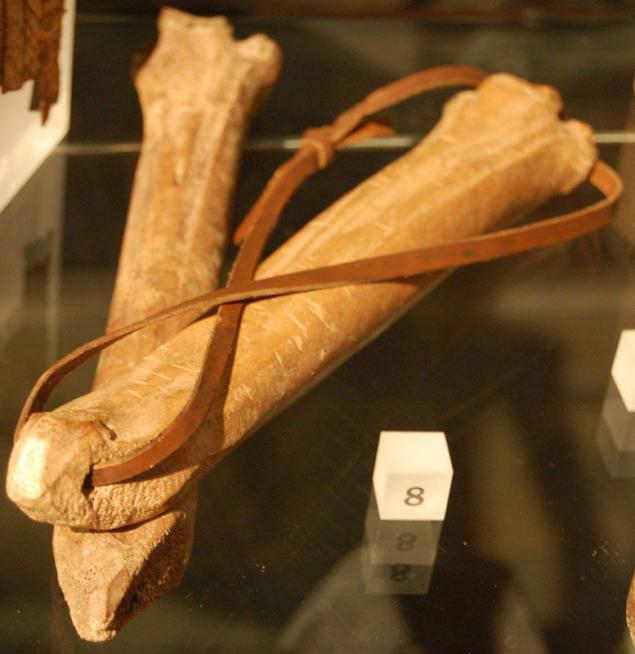
From the 13th century, horses were a man means of transportation across frozen rivers, lakes and channels in the Nordic countries. Even then, the Dutch began to make skates, consisting of a wooden base, into which the metal strips. These skates straps attached to the shoes. (Photo: skates that time with a modern edge.)
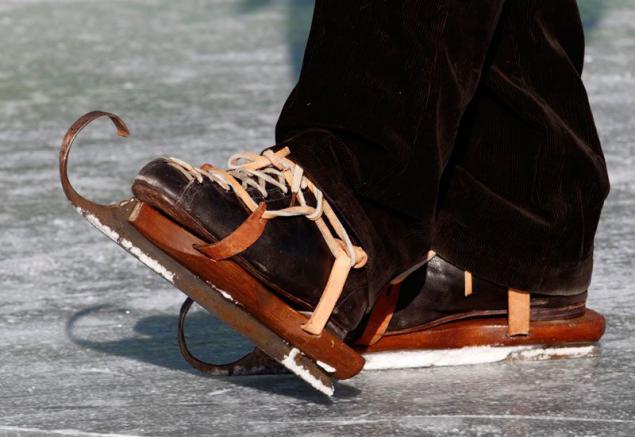
On the work of Dutch artist Hendrick Avercamp, written in the early 1600s, is clearly visible, as not only the ice skating move, but already playing some game with sticks in their hands. Such Holland Peter I saw during his famous trip to Europe, from which among other innovations he brought to Russia and skates, permeated Dutch folk fun.
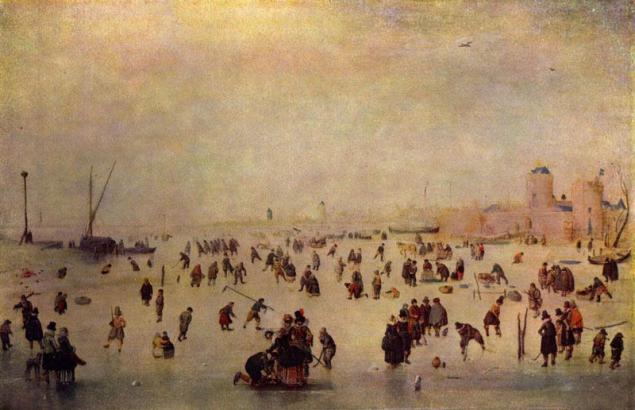
But already today the Dutch skate and play hockey on the frozen canals of Amsterdam, continuing the tradition of their ancestors. As if he had not passed since 400 years already!
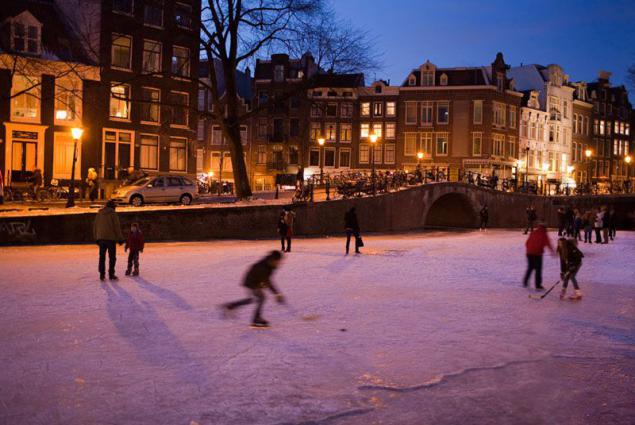
Peter would not have been a great reformer, had just borrowed a European invention. It is believed that he made the first breakthrough in the evolution of horses, making up nailed to shoe horses.
By the way, the word "skate" was, if not difficult to guess the word horse. And this is due to the fact that the Russian masters often carved on the long curved noses, which had first skates, figures of horses.
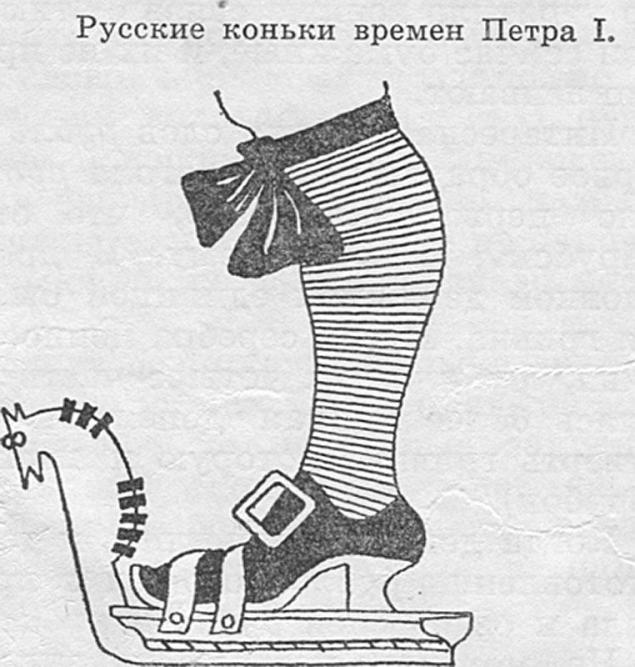
After Peter's skating in Russia have forgotten almost one hundred years. Interest in them is returned when the fashion was all English and skates at the time have become very popular in the UK. (View in the Regent's Park, London, 1838)
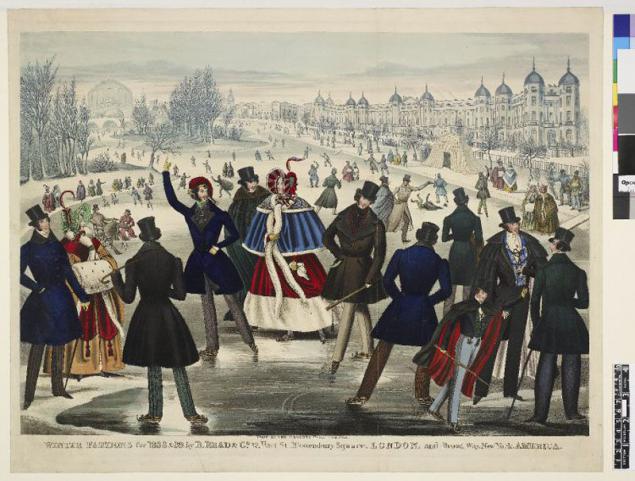
That's right, by the way, and ride in the modern London.
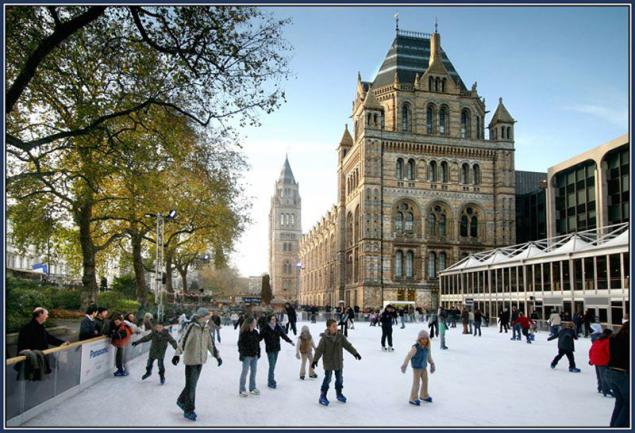
The first ever World Speed Skating Championships held in January 1889 in Amsterdam, and there was the champion ... Russian skater Alexander Panshin (pictured). It is believed that he came up with skates - removed interfering curl, extended the blade to the rate was higher, and suggested the use of a tube, which is soldered blade. These skates for running and remained for many years ahead.
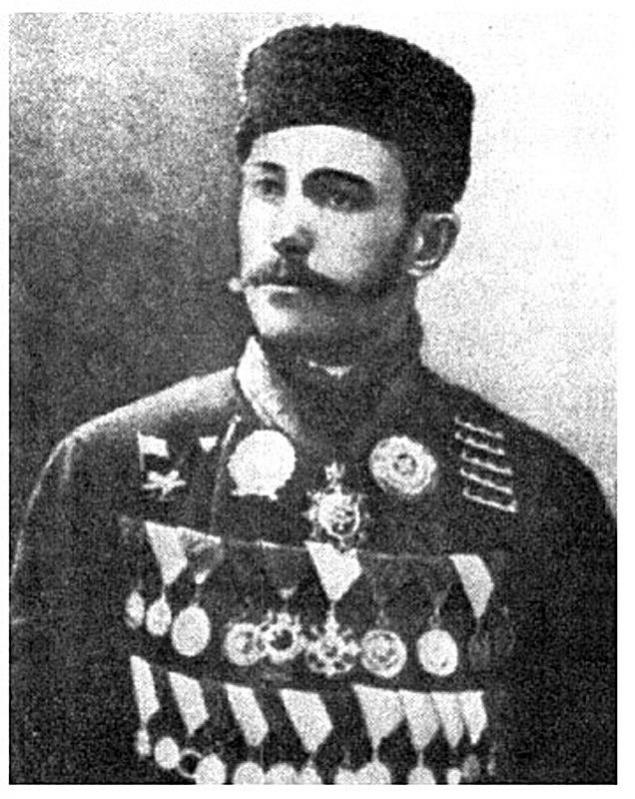
A month later, in February 1889, in Moscow on Petrovka, the first in the Russian championship skating. Of course, not without the participation of Panshin.
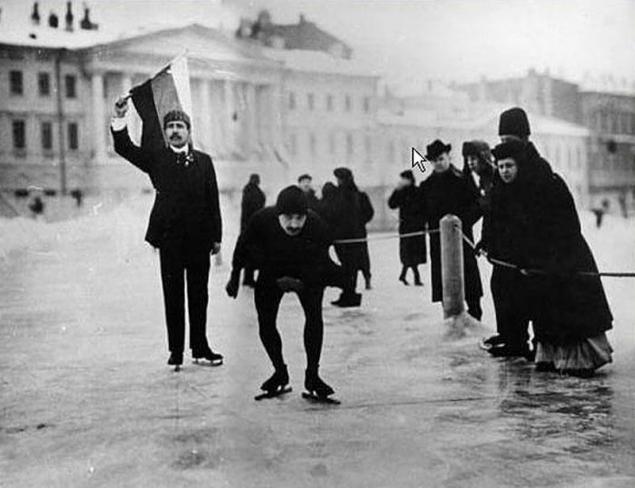
Only in the 90s of XX century device skates was radically changed. Fundamentally new skates to "rip" heel that athletes called "mules". They first used at the Olympic Games in Nagano.
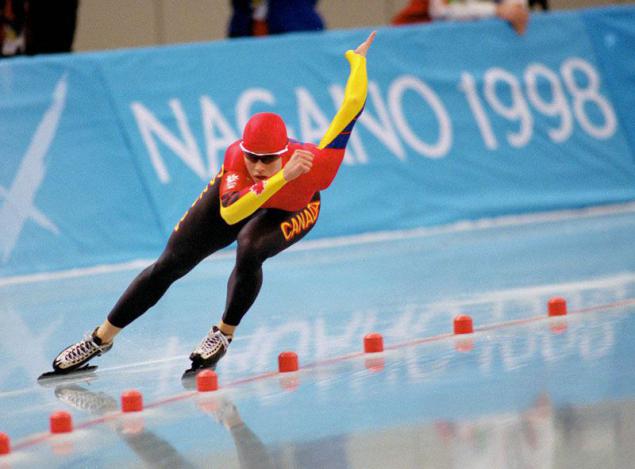
Evolution curly skates was no less exciting. The first club of figure skating yet appeared in Edinburgh in 1742. But first, who combined dancing and skating became an American Heync Jackson - he was the first to ride in theatrical costumes and the music. And it happened in the middle of the 19th century. Haynes called the "father of figure skating".
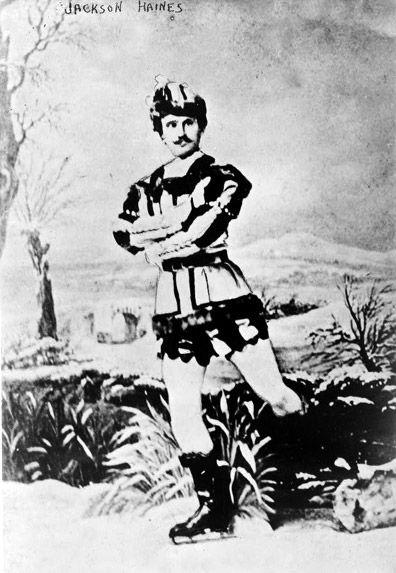
In 1871 the figure skating was officially recognized as a sport, and in 1908 it became the first figure skating winter sport, who entered the program of the Summer Olympic Games in London. (Photo: British skaters at the Olympic Games in London, 1908)
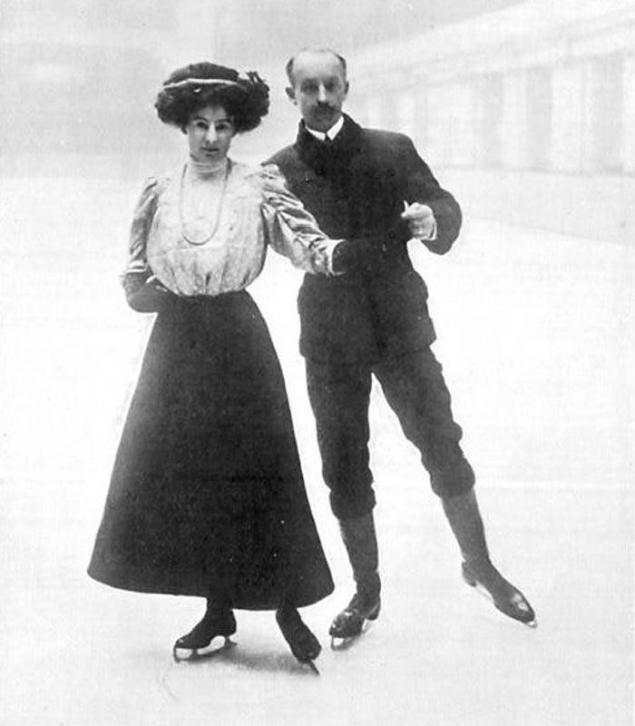
In the 40s, a new kind of figure skating - ice dancing. At the Olympics they included only in 1976. And skaters USSR - Ludmila Pakhomov and Alexander Gorshkov - became the first Olympic champion in the discipline.
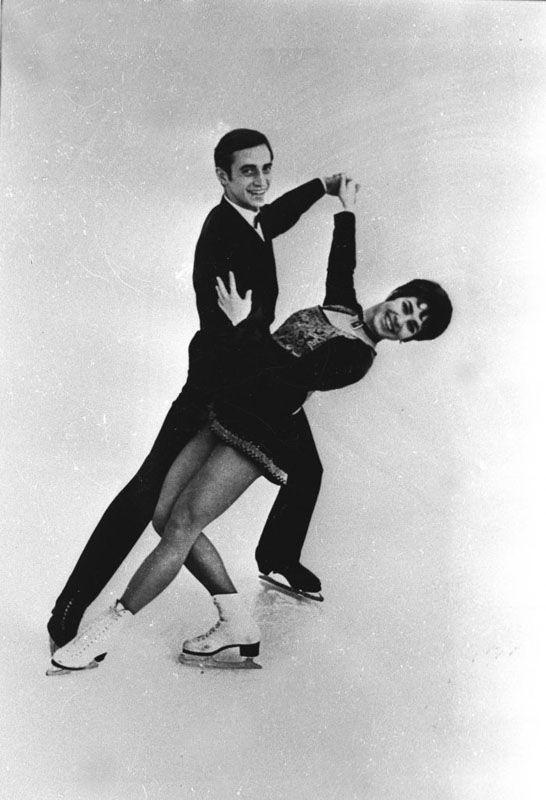
As for the horses themselves - in the early 20th century shoes curly horses are much shorter and got rivets. Heel, on the contrary, increased, and the blade teeth appeared. They suggested the Swedish skater Ulrich Salchow - the first Olympic champion in figure skating at the Games in London in 1908 (pictured).
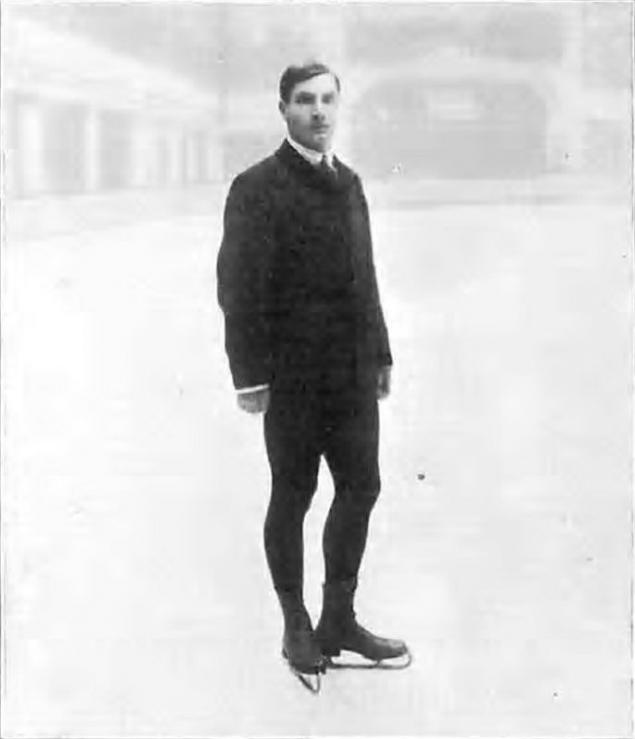
The next time skating changed only in the 50's, c development of ice dancing. Blades of the "dancers" is much shorter, so as not to hurt each other, and boots - much softer.
Ice hockey in our country officially appeared only in the 46th year, nearly 60 years later than in many other countries. But "Russian hockey" called hockey. Ice Hockey - Canadian invention, the first of its rules formulated in Montreal in 1879. Hockey skates then were like running, but the evolution is not spared and.
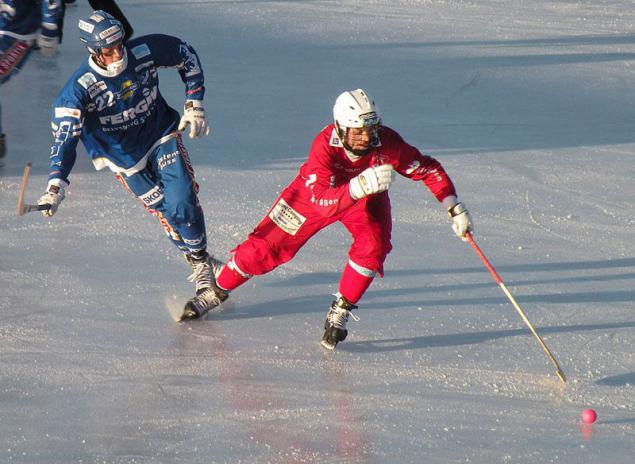
In the late 50's hockey skates called their "spotykachki." They were more like braces for almost a right angle blade. They were replaced by "Eider" differing shortened blade. In the 60's skates became harder, stability and maneuverability. At the tip of the blade, made in the form of a tube, there was a plastic fuse. And in the early 70's hockey skates purchased almost modern look. However, due to the altitude ridge between the blade and the shoe there is a gap, which sometimes flew washer.
New modern technologies focused on comfort, provides the best results - they allow skates to take individual form of athlete's foot, undergoing a special heat treatment. This process is called thermoforming.
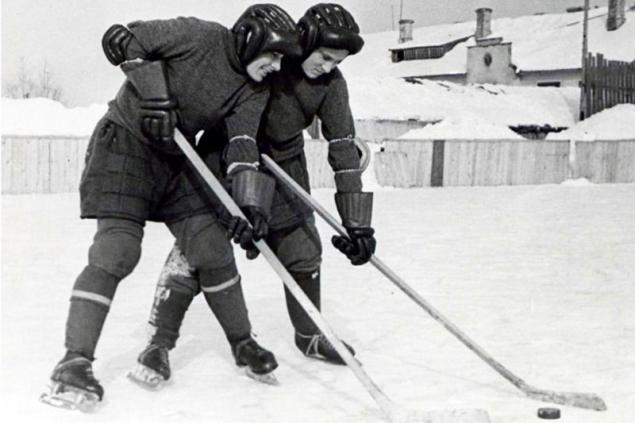
In addition to professional sports, skating as a leisure activity has been gaining more and more popularity around the world and in our country. Widely open rollers, brings together fans of fun and to spend time outdoors. (Photo: Muscovites skating in the park)
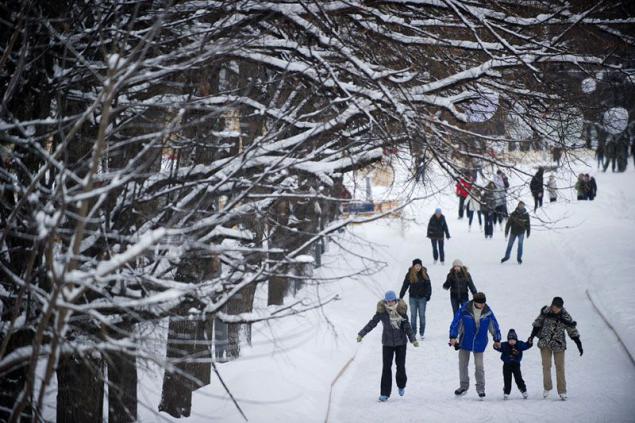
Source: belorys-kh.livejournal.com

It is believed that the first happy owners of horses were Cimmerians - nomadic tribes who lived 3200 years ago in the northern Black Sea coast. They tied the feet of animal bones. As did many other nations, including our ancestors, for many, many centuries.

From the 13th century, horses were a man means of transportation across frozen rivers, lakes and channels in the Nordic countries. Even then, the Dutch began to make skates, consisting of a wooden base, into which the metal strips. These skates straps attached to the shoes. (Photo: skates that time with a modern edge.)

On the work of Dutch artist Hendrick Avercamp, written in the early 1600s, is clearly visible, as not only the ice skating move, but already playing some game with sticks in their hands. Such Holland Peter I saw during his famous trip to Europe, from which among other innovations he brought to Russia and skates, permeated Dutch folk fun.

But already today the Dutch skate and play hockey on the frozen canals of Amsterdam, continuing the tradition of their ancestors. As if he had not passed since 400 years already!

Peter would not have been a great reformer, had just borrowed a European invention. It is believed that he made the first breakthrough in the evolution of horses, making up nailed to shoe horses.
By the way, the word "skate" was, if not difficult to guess the word horse. And this is due to the fact that the Russian masters often carved on the long curved noses, which had first skates, figures of horses.

After Peter's skating in Russia have forgotten almost one hundred years. Interest in them is returned when the fashion was all English and skates at the time have become very popular in the UK. (View in the Regent's Park, London, 1838)

That's right, by the way, and ride in the modern London.

The first ever World Speed Skating Championships held in January 1889 in Amsterdam, and there was the champion ... Russian skater Alexander Panshin (pictured). It is believed that he came up with skates - removed interfering curl, extended the blade to the rate was higher, and suggested the use of a tube, which is soldered blade. These skates for running and remained for many years ahead.

A month later, in February 1889, in Moscow on Petrovka, the first in the Russian championship skating. Of course, not without the participation of Panshin.

Only in the 90s of XX century device skates was radically changed. Fundamentally new skates to "rip" heel that athletes called "mules". They first used at the Olympic Games in Nagano.

Evolution curly skates was no less exciting. The first club of figure skating yet appeared in Edinburgh in 1742. But first, who combined dancing and skating became an American Heync Jackson - he was the first to ride in theatrical costumes and the music. And it happened in the middle of the 19th century. Haynes called the "father of figure skating".

In 1871 the figure skating was officially recognized as a sport, and in 1908 it became the first figure skating winter sport, who entered the program of the Summer Olympic Games in London. (Photo: British skaters at the Olympic Games in London, 1908)

In the 40s, a new kind of figure skating - ice dancing. At the Olympics they included only in 1976. And skaters USSR - Ludmila Pakhomov and Alexander Gorshkov - became the first Olympic champion in the discipline.

As for the horses themselves - in the early 20th century shoes curly horses are much shorter and got rivets. Heel, on the contrary, increased, and the blade teeth appeared. They suggested the Swedish skater Ulrich Salchow - the first Olympic champion in figure skating at the Games in London in 1908 (pictured).

The next time skating changed only in the 50's, c development of ice dancing. Blades of the "dancers" is much shorter, so as not to hurt each other, and boots - much softer.
Ice hockey in our country officially appeared only in the 46th year, nearly 60 years later than in many other countries. But "Russian hockey" called hockey. Ice Hockey - Canadian invention, the first of its rules formulated in Montreal in 1879. Hockey skates then were like running, but the evolution is not spared and.

In the late 50's hockey skates called their "spotykachki." They were more like braces for almost a right angle blade. They were replaced by "Eider" differing shortened blade. In the 60's skates became harder, stability and maneuverability. At the tip of the blade, made in the form of a tube, there was a plastic fuse. And in the early 70's hockey skates purchased almost modern look. However, due to the altitude ridge between the blade and the shoe there is a gap, which sometimes flew washer.
New modern technologies focused on comfort, provides the best results - they allow skates to take individual form of athlete's foot, undergoing a special heat treatment. This process is called thermoforming.

In addition to professional sports, skating as a leisure activity has been gaining more and more popularity around the world and in our country. Widely open rollers, brings together fans of fun and to spend time outdoors. (Photo: Muscovites skating in the park)

Source: belorys-kh.livejournal.com
